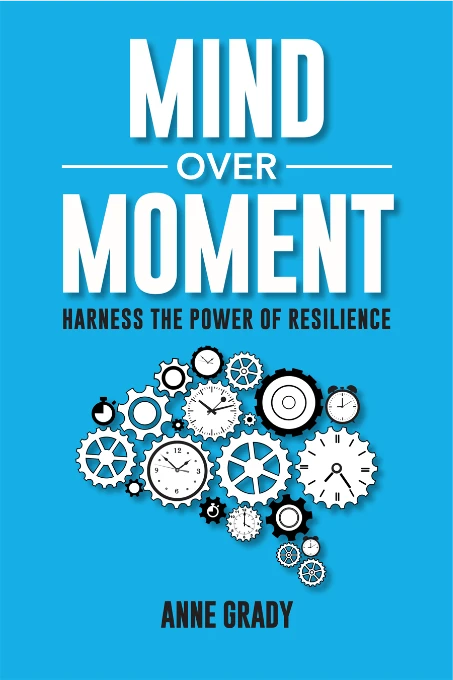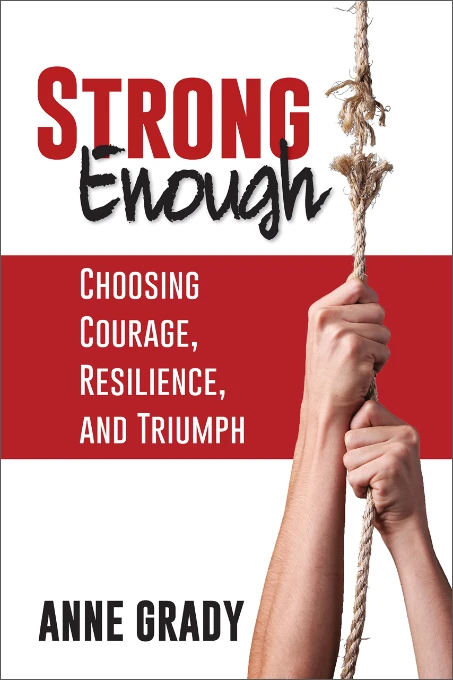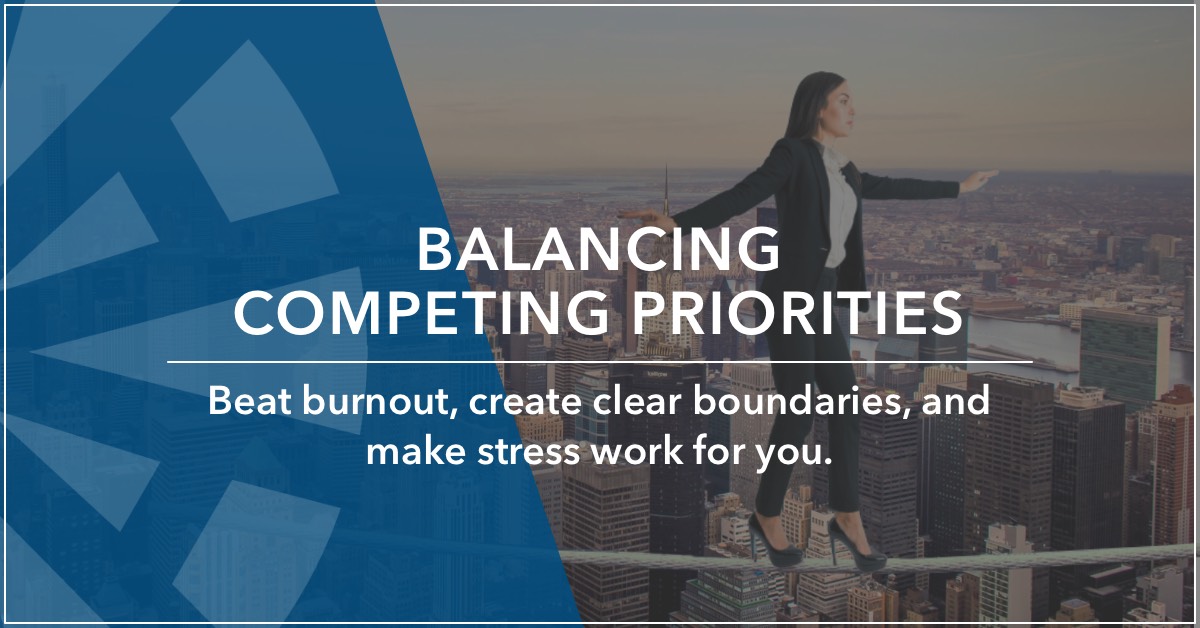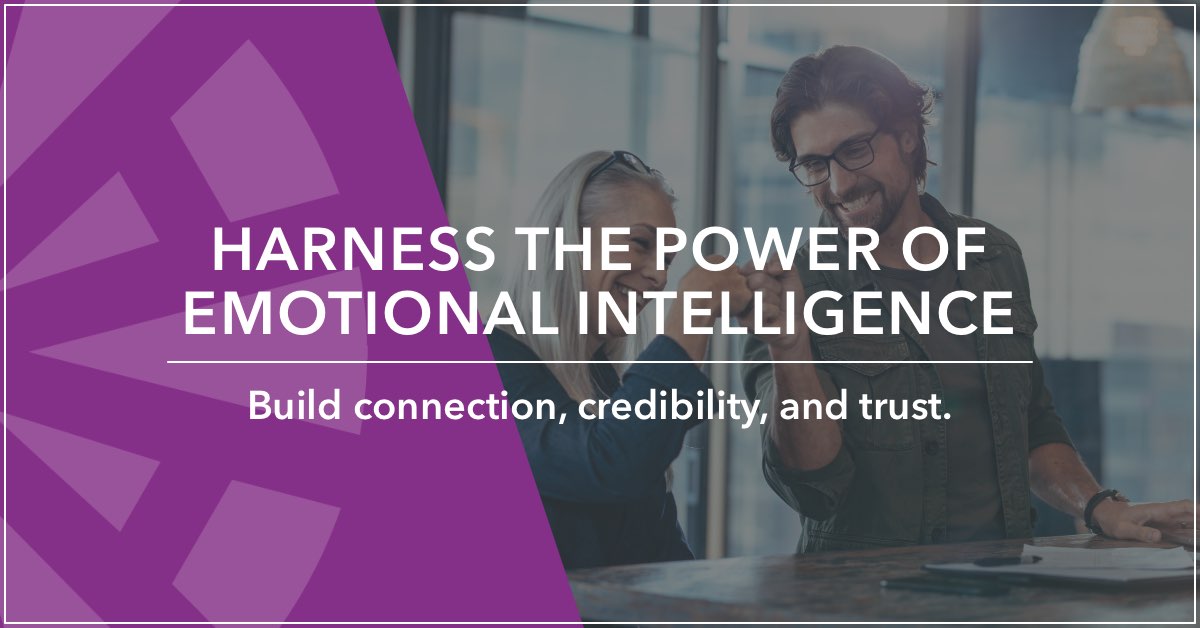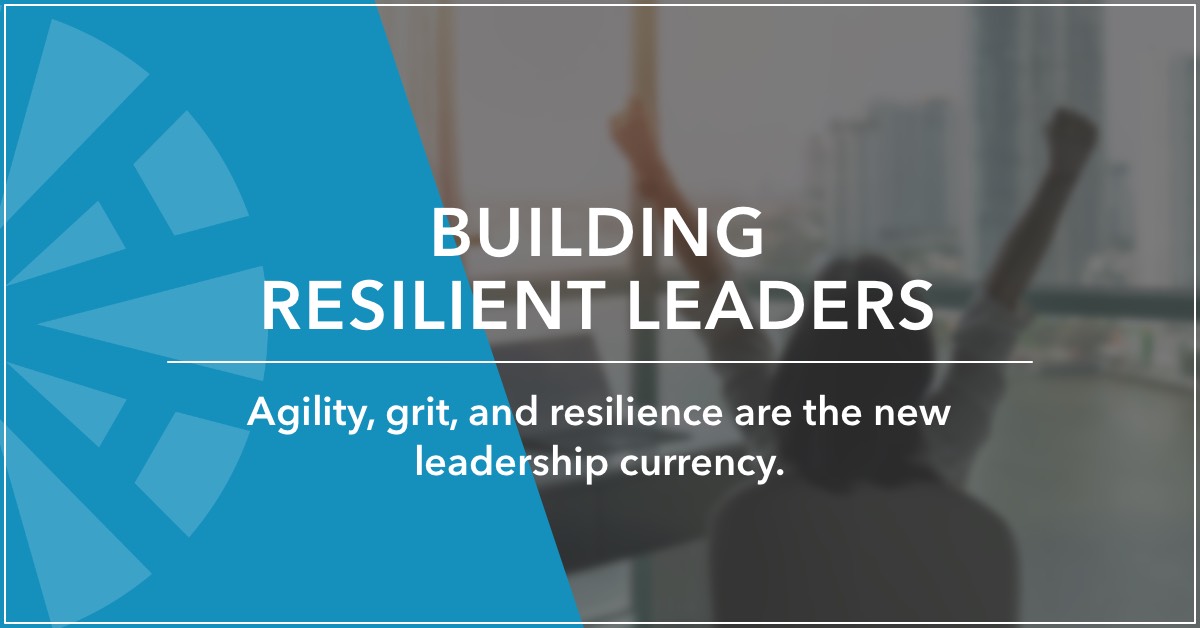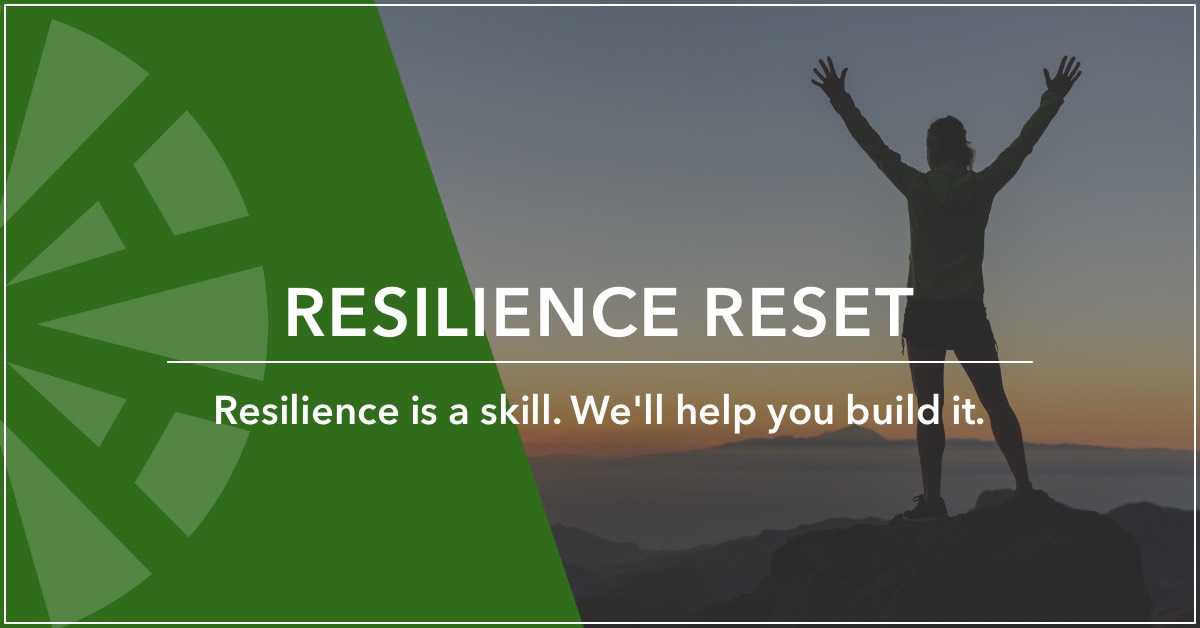How do you choose to see the world?
How do you choose to see the world?
How do you choose to see the world?
Are you more of a glass-half-full or glass-half-empty kind of person?
Optimism and pessimism are not just core personality traits, they are chosen outlooks. While some people are born more optimistic than others, you can intentionally build optimism levels, and when you do, you improve your physical and mental health.
As a recovering pessimist, I’ve learned how important optimism is to our health. Here are just a few of the benefits:
Improved Mental Health: Optimism is strongly correlated with lower levels of depression, anxiety, and psychological distress.
Better Physical Health: Optimistic individuals have better physical health outcomes, including a reduced risk of chronic diseases such as cardiovascular disease, hypertension, and diabetes.
Faster Recovery from Illness and Surgery: Optimistic individuals recover more quickly from illnesses, surgeries, and medical procedures. (This one has been big for me lately).
Stronger Immune Function: Optimism is linked to enhanced immune function, resulting in a better ability to fight off infections and illnesses.
Reduced Stress Levels: Optimistic individuals tend to experience lower levels of stress and as a result have lower risks of stress-related health problems like hypertension, insomnia, and digestive disorders.
Improved Coping Skills: Optimistic individuals are better able to problem-solve, seek social support, and maintain a positive outlook during challenging times.
Enhanced Quality of Life: Optimistic individuals report higher levels of life satisfaction, happiness, and overall well-being.
Longevity: Optimistic individuals live longer, healthier lives compared to their less optimistic counterparts.
Now, don’t get me wrong. I’m not suggesting you wear rose-colored glasses, pretending the tough stuff doesn’t exist, but I am suggesting building a habit of realistic optimism.
Realistic optimism is a mindset that combines a positive outlook with a grounded understanding of reality. It involves maintaining hope and confidence while acknowledging and accepting the challenges and uncertainties of life. Rather than denying or minimizing difficulties, realistic optimists approach situations with resilience, flexibility, and a belief in their ability to navigate obstacles effectively.
If you are not naturally optimistic (I totally get it), here are 5 ways to build the skill of realistic optimism:
Practice Gratitude: I know I talk about this one a lot, but what we focus on grows. Direct your attention to the good stuff in your life.
Challenge Negative Thoughts: When you catch yourself dwelling on pessimistic thoughts or catastrophizing, ask yourself: Is it true? Is there evidence to support it? Could there be an alternative or more realistic interpretation?
Focus on Solutions: Take back control by stepping out of reactivity and focusing on solutions. What small action can you take to move forward?
Practice Self-Compassion: Be kind and patient with yourself. It’s normal to face setbacks and make mistakes. You are doing the best you can with the resources and knowledge you have.
Surround Yourself with Positive Influences: Surround yourself with supportive, optimistic individuals who uplift and inspire you. Engage in activities that bring you joy and spend time with people who encourage and motivate you to maintain a positive outlook. We become like the people we spend the most time with.

